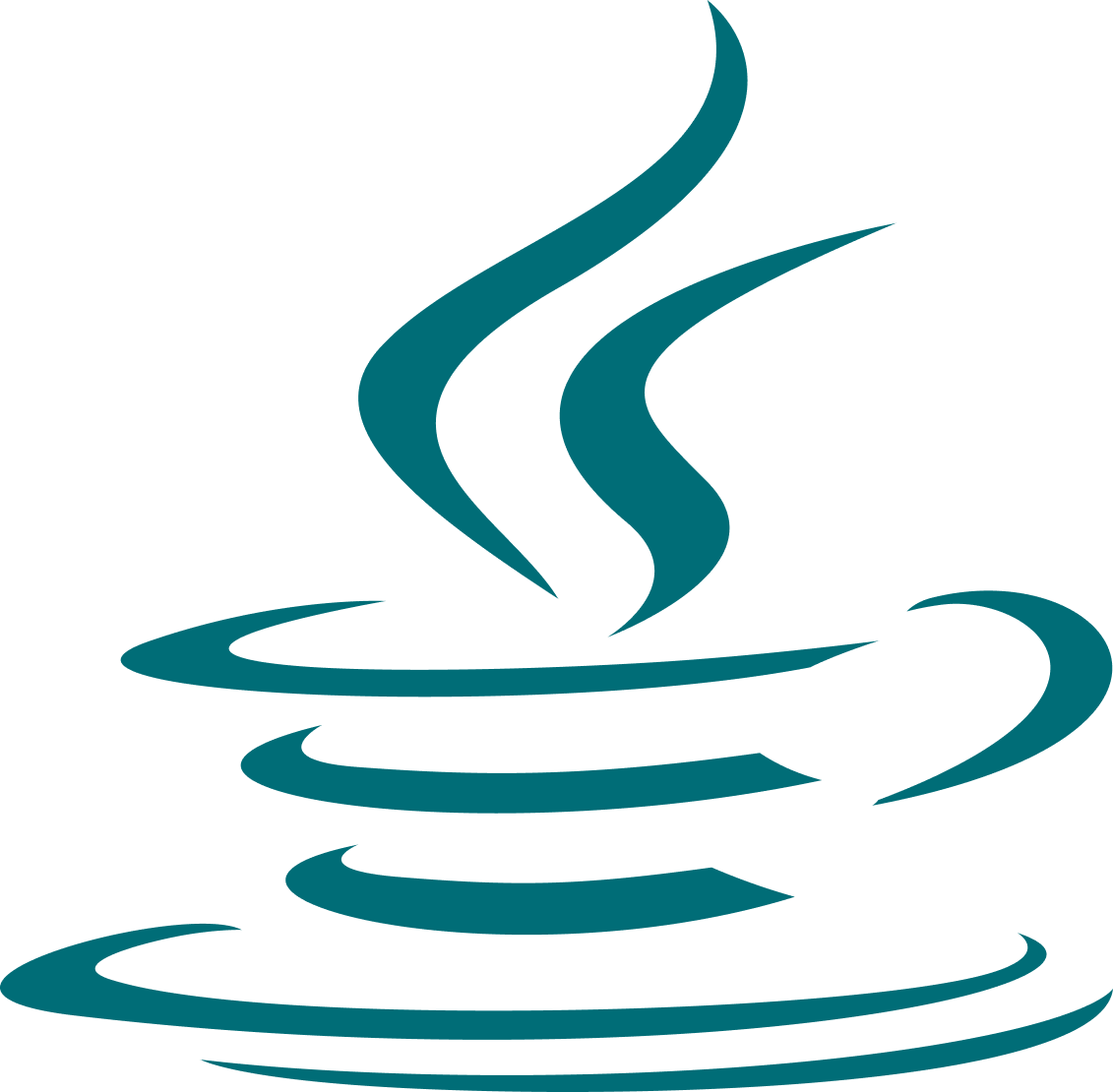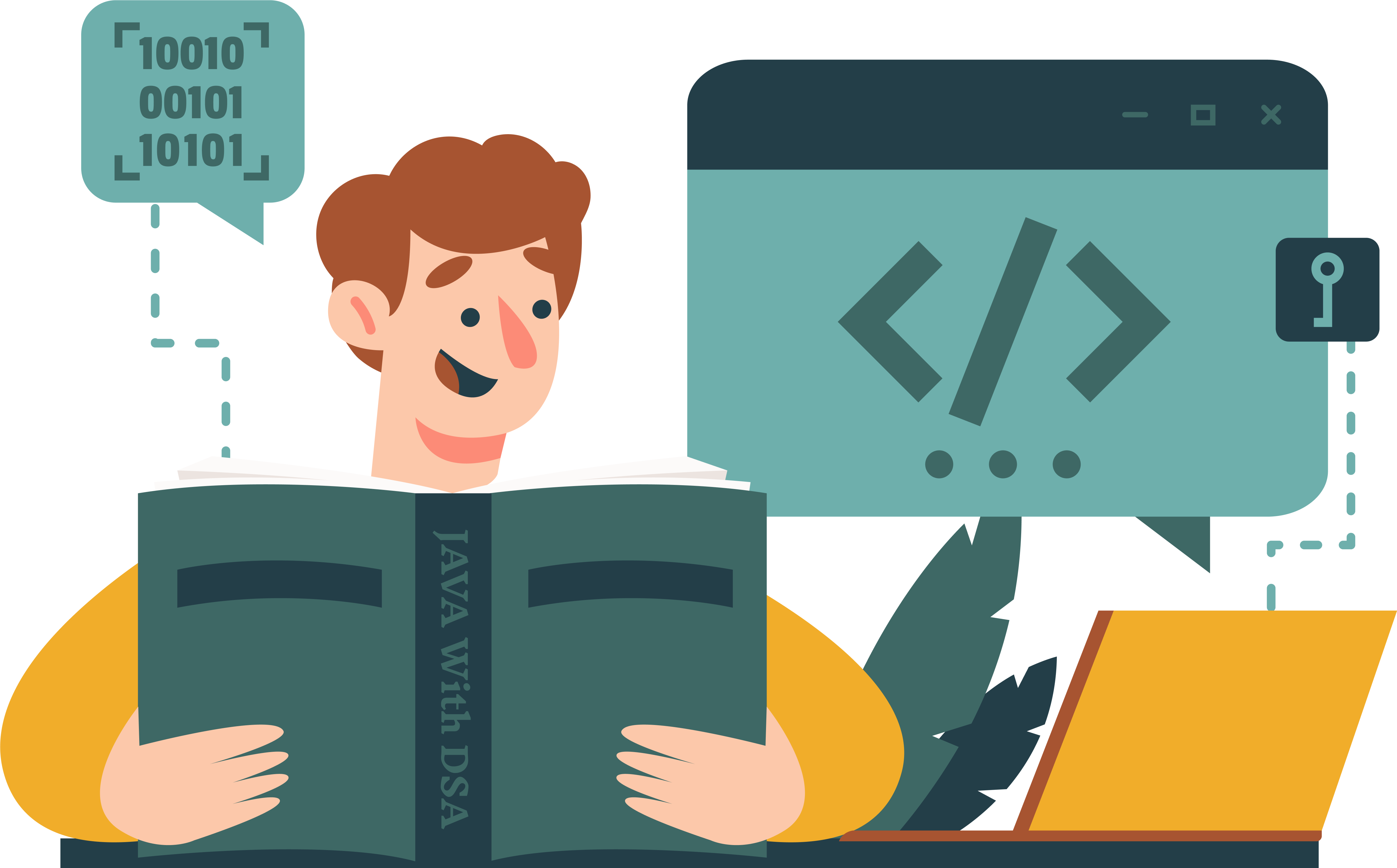Learn Java programming from scratch and master Data Structures & Algorithms step by step.
Designed for beginners aiming to crack coding interviews and land top tech roles.
The DSA with Java – Beginner to Advanced Track is a structured program designed to help you build strong programming fundamentals using Java and master core Data Structures & Algorithms.
From basic syntax and object-oriented programming to advanced recursion, backtracking, trees, and graphs, you'll solve real-world coding problems step by step with clear explanations.
Build your logic, create a strong coding portfolio, and gain the confidence to crack top tech roles in product-based companies.
Upcoming Batches
What you'll learn
This curriculum designed by Industry expert for you to become a next industry expert. Here you will not only learn, you will implement your learnings in real time projects.
 Java Fundamentals Kickstart
2 Weeks
Java Fundamentals Kickstart
2 Weeks
Get started with Java from scratch! This section lays the foundation for Java programming with syntax, variables, loops, and functions — everything you need to start building logic confidently.
Core Java Basics:
Setting up Java & IntelliJ
Data Types & Variables
Operators and Expressions
Conditionals (if, else, switch)
Loops (for, while, do-while)
Functions & Scope
Introduction to Arrays
Java Input/Output:
Taking Input with Scanner
Printing Output with System.out
By the end of this section, you'll be comfortable writing programs using basic Java constructs and ready to dive deeper into object-oriented concepts.
 Java OOP Concepts & Advanced Features
2 Weeks
Java OOP Concepts & Advanced Features
2 Weeks
Learn how Java truly shines with Object-Oriented Programming. This section will help you think in terms of classes and objects — a must for writing clean, reusable, and scalable code.
OOP Principles in Java:
Classes & Objects
Constructors & Overloading
this & static keywords
Encapsulation & Access Modifiers
Inheritance & Method Overriding
Polymorphism
Abstraction & Interfaces
Advanced OOP Features:
final & super Keywords
Wrapper Classes
Object Class & toString()
equals() & hashCode()
With this module, you'll gain real fluency in OOP, giving you a powerful edge in problem-solving and system design.
 Data Structures in Java
4 Weeks
Data Structures in Java
4 Weeks
Learn how to implement and use all major data structures in Java. This section helps you understand the logic behind each structure and when to apply them for optimal performance in real-world applications and coding interviews.
Linear Data Structures:
Arrays and ArrayLists
Linked Lists (Singly & Doubly)
Stacks (with Array & LinkedList)
Queues and Deques
Priority Queues & Heaps
Non-linear Data Structures:
Trees (Binary, BST, AVL)
Graphs (Directed & Undirected)
Hash Tables & HashMaps
Tries (Prefix Trees)
Sets and HashSets
Real-world Applications:
Use cases of each structure
Time and Space Complexity
Data Structures in Java Collections Framework
By the end of this module, you’ll be able to build efficient programs using core data structures and confidently tackle DSA problems in interviews.
 Searching & Sorting Algorithms
3 Weeks
Searching & Sorting Algorithms
3 Weeks
Strengthen your problem-solving skills by mastering core searching and sorting algorithms. Learn the logic, time complexities, and where to apply each algorithm in real-world coding problems and interviews.
Searching Algorithms:
Linear Search
Binary Search (Iterative & Recursive)
Ternary Search
Exponential Search
Sorting Algorithms:
Bubble Sort
Selection Sort
Insertion Sort
Merge Sort
Quick Sort
Heap Sort
Bonus Topics:
Sorting Stability & Use Cases
Time & Space Trade-offs
Practical Performance Comparison
By completing this section, you'll gain the ability to solve complex array and list-based problems using optimized algorithms with deep understanding.
 Recursion & Backtracking
2 Weeks
Recursion & Backtracking
2 Weeks
This section focuses on mastering recursion and backtracking — essential concepts for solving complex problems by breaking them into smaller subproblems and exploring all possible solutions.
Recursion Basics:
Understanding Recursion
Base Case & Recursive Case
Tail Recursion
Recursion Tree & Time Complexity
Classic Recursive Problems:
Factorial, Fibonacci, Power
Sum of Digits / Array
Palindrome Check
Binary Search with Recursion
Backtracking Problems:
N-Queens Problem
Sudoku Solver
Rat in a Maze
Subset & Permutation Generation
Word Search in Matrix
By mastering recursion and backtracking, you’ll be able to tackle problems that require exploring multiple paths, making this a powerful toolset for competitive coding and interviews.
 Dynamic Programming
4 Weeks
Dynamic Programming
4 Weeks
This section will help you master Dynamic Programming (DP), one of the most important techniques for solving optimization and overlapping subproblem challenges.
Introduction to DP:
What is Dynamic Programming?
Memoization vs Tabulation
Top-down vs Bottom-up Approach
When to Use DP
1D Dynamic Programming:
Fibonacci Series with DP
Climbing Stairs
House Robber
Minimum Steps to 1
2D Dynamic Programming:
Longest Common Subsequence (LCS)
Longest Palindromic Subsequence
Edit Distance
Matrix Path Sum Problems
Knapsack & Variants:
0/1 Knapsack
Unbounded Knapsack
Subset Sum
Partition Equal Subset
By the end of this section, you will be able to break down complex problems into optimal subproblems and solve them efficiently using dynamic programming techniques.
 Advanced Algorithms
2 Weeks
Advanced Algorithms
2 Weeks
Dive deeper into the world of algorithms with this section focused on graph theory, greedy algorithms, and more advanced problem-solving strategies.
Graph Algorithms:
Graph Representations (Adjacency List/Matrix)
Breadth-First Search (BFS)
Depth-First Search (DFS)
Topological Sort
Cycle Detection
Greedy Algorithms:
Activity Selection
Job Sequencing
Huffman Encoding
Fractional Knapsack
Shortest Path & MST:
Dijkstra’s Algorithm
Bellman-Ford Algorithm
Floyd-Warshall Algorithm
Prim’s & Kruskal’s MST
This section equips you to tackle real-world scenarios involving networks, paths, and optimal decisions — a must for competitive programming and interviews.
 Interview Preparation & Problem Solving
2 Weeks
Interview Preparation & Problem Solving
2 Weeks
In this final section, you'll focus on real-world coding problems, mock interviews, and mastering communication and optimization skills for technical interviews.
Problem Solving Practice:
Daily LeetCode Challenges (Easy to Hard)
Patterns in Problems (Sliding Window, Two Pointers)
Mock Tests & Timed Practice
Debugging & Optimization Techniques
System Design Basics:
Intro to System Design for Beginners
Design Patterns Overview
High-Level Design Examples (URL Shortener, Cache)
Interview Readiness:
Behavioral Interview Questions
Resume Projects Review
Tips to Communicate Thinking Process
Mock Interviews & Feedback Sessions
By the end of this section, you’ll feel confident tackling coding rounds, technical interviews, and articulating your thought process clearly.
Program Fees
7,500
(incl. taxes)
If you will join in a group, complete group will get discount.
You can pay your fee in easy installment's. For more details you can connect with our team.
Meet Your Instructors
You will learn with industry expertes.

Prateek Mishra
Sr. Software Engineer
About Your Mentor
Meet our highly experienced and dedicated manager. Having trained 5K+ students and conducted 200+ sessions in colleges. With a passion for teaching and a knack for inspiring students, he ensures personalized guidance for every individual.
What You Could Become
After completing this course, you’ll be confident in solving real-world coding problems, building logic from scratch, and tackling 300+ DSA questions commonly asked in tech interviews. Whether it’s Arrays, Linked Lists, Trees, or complex algorithms, you’ll be able to approach every problem with clarity and confidence — fully prepared for interviews at top companies.
And many more...

